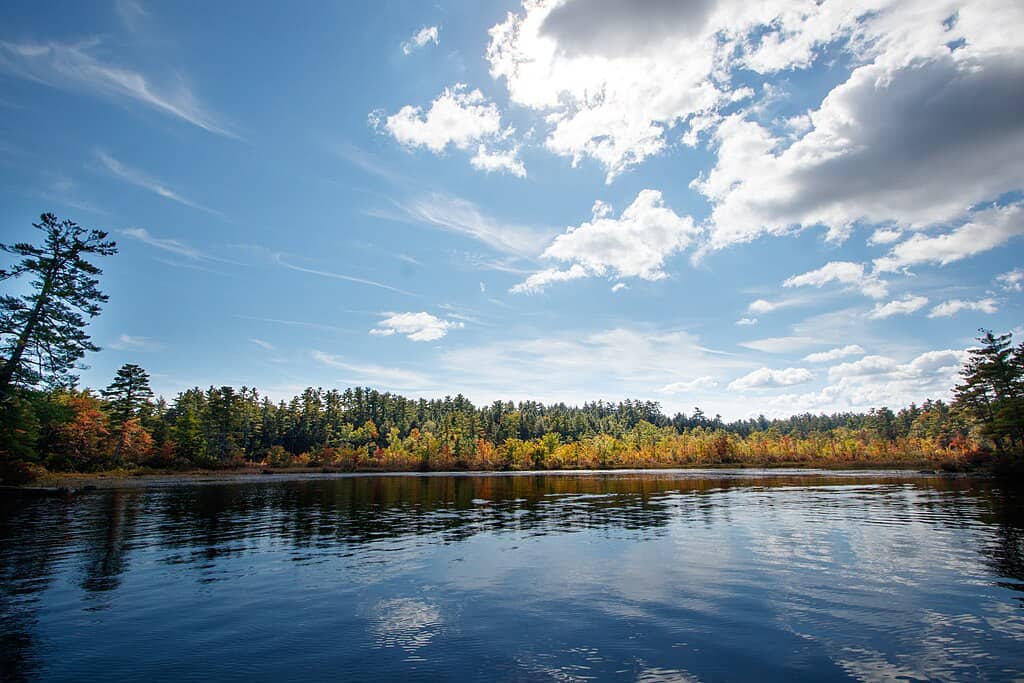Lakes have always fascinated humankind, with their serene beauty often hiding mysterious and sometimes deadly secrets beneath the surface. While popular lore and legends captivate our imaginations, some lakes hold actual dangers, both natural and man-made, that are less known. In this article, we will explore ten lakes around the world shrouded in mystery and peril. Dive into the depths as we unravel the captivating stories of these natural wonders.
Lake Nyos A Deadly Cloud

Located in Cameroon, Lake Nyos harbors a terrifying secret. It is one of only three known “exploding lakes.” In 1986, a limnic eruption released a cloud of carbon dioxide that suffocated over 1,700 people and countless animals. The lake sits atop a volcanic crater filled with carbon-rich gases. Over time, these gases dissolved into the lower lake waters, and when the pressure became too great, they erupted. Despite mitigation efforts, Lake Nyos remains a threat, requiring constant monitoring.
Kivu’s Lethal Potential
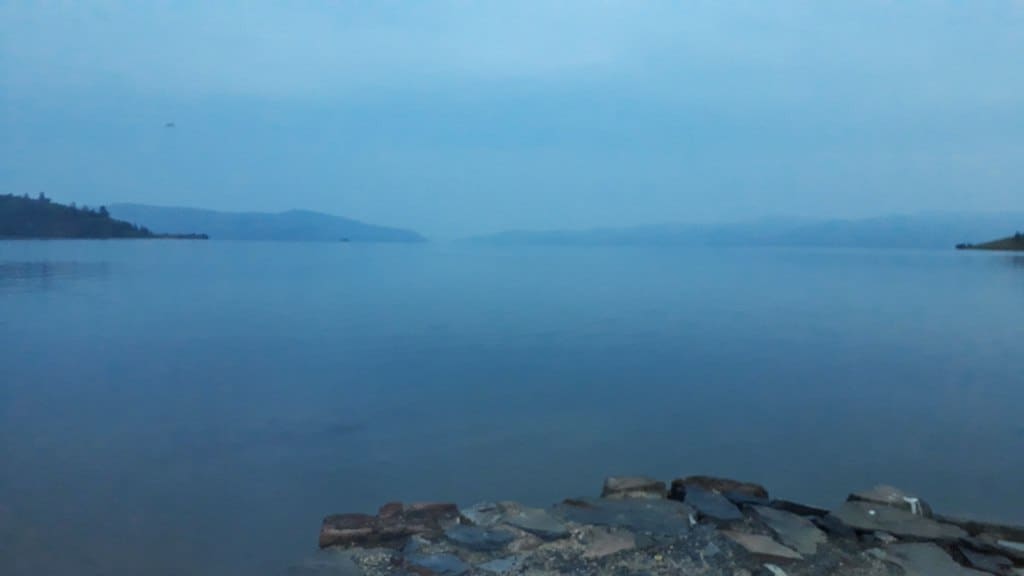
Straddling the border of Rwanda and the Democratic Republic of the Congo, Lake Kivu is one of the African Great Lakes that could one day mirror Lake Nyos’ catastrophe. It contains vast amounts of dissolved methane and carbon dioxide, making it potentially explosive. While extractions of methane for energy production help reduce this danger, the lake still poses a lingering threat to nearby populations.
The Red Waters of Lake Natron
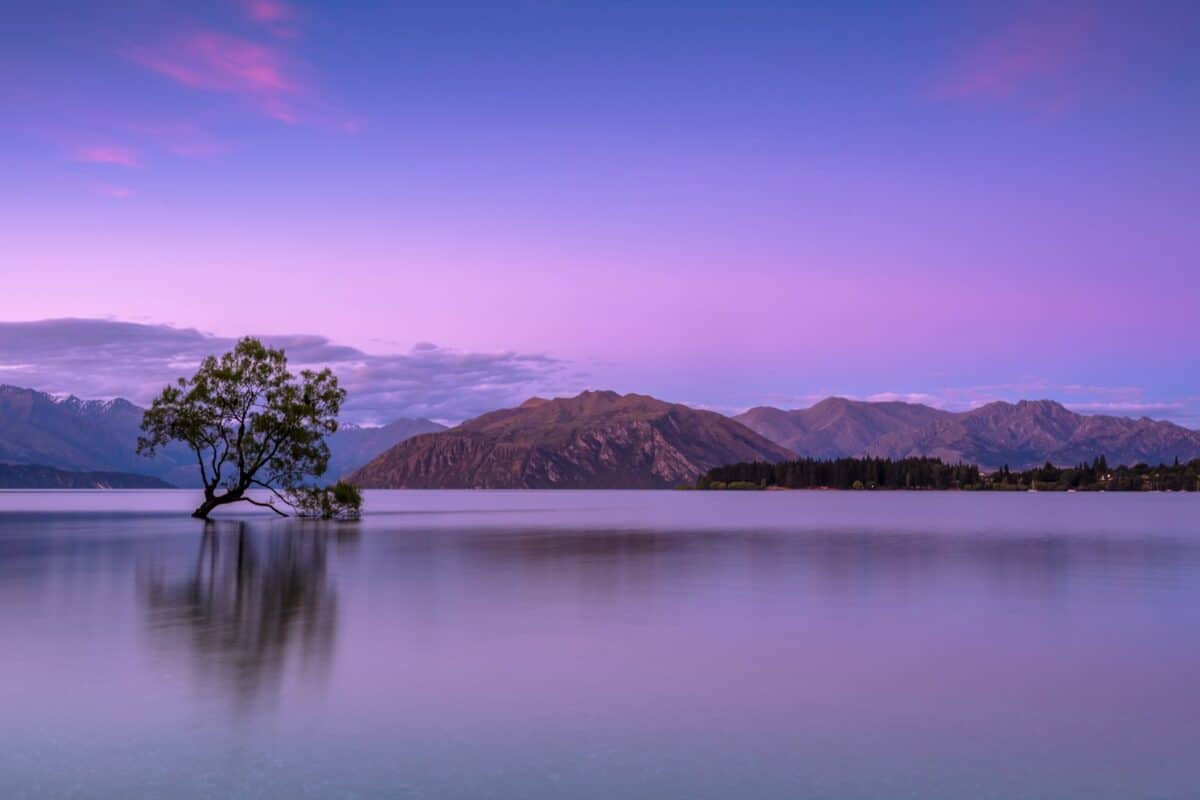
In Tanzania, Lake Natron stands out with its unnaturally red waters. The lake is extremely alkaline, with a pH as high as 10.5, causing it to calcify animals that venture too close. Flamingoes thrive here, using the inhospitable conditions as a breeding ground free from predators. The water’s high temperatures and mineral content turn it into a lethal yet picturesque environment.
Boiling Lake Nature’s Cauldron
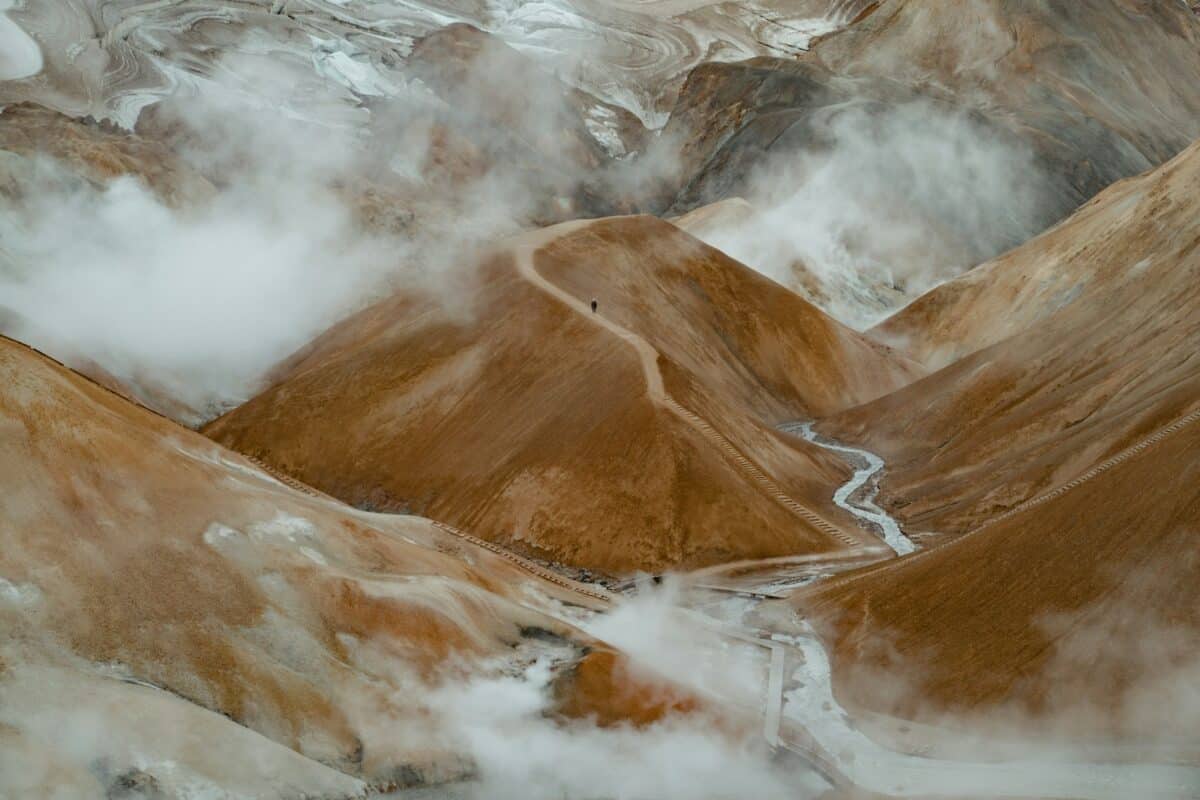
Dominica’s Boiling Lake is an incredible geothermal feature that lives up to its name. The lake is a flooded fumarole, filled with bubbling greyish-blue water constantly rolled by volcanic heat from below. It remains at temperatures ranging between 180 to 197 °F (82 to 92 °C) around its edges. While mesmerizing, it is perilous to approach, and even experienced hikers are cautioned.
Lake Peigneur A Sinkhole Saga
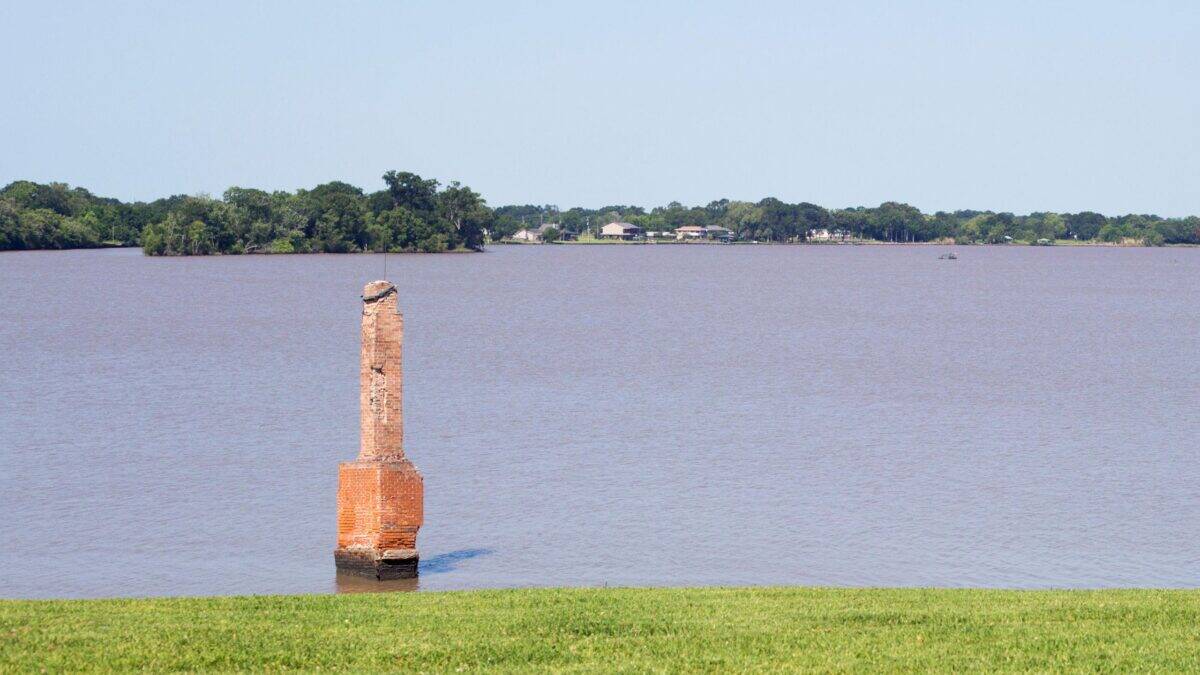
In Louisiana, United States, Lake Peigneur’s calm waters once dramatically disappeared overnight in 1980 due to a drilling mishap. Texaco accidentally drilled into a salt mine beneath the lake, causing a massive sinkhole that swallowed drilling rigs, and reversed the Delcambre Canal, turning the lake brackish. While no lives were lost, the catastrophic event remains a testament to human error’s impact on natural phenomena.
The Blue Jewel of Lake Hillier
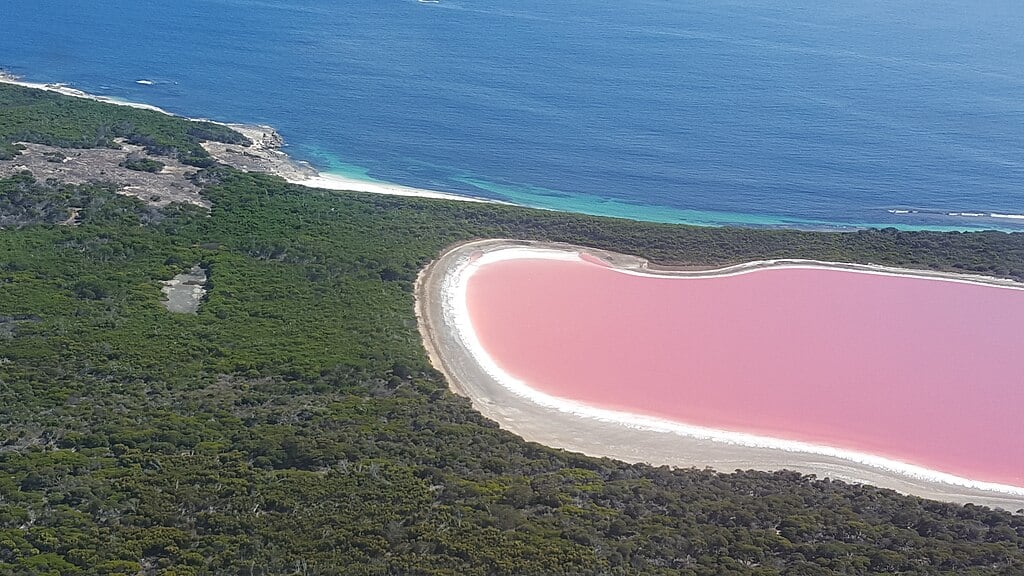
Lake Hillier, located on Middle Island off the coast of Western Australia, attracts curiosity with its striking pink hue. The peculiar color results from algae and bacteria, and although safe for humans, the vibrant waters create a stark contrast against the surrounding greenery. Despite its benign interaction with humans, its unique ecological character captures the mysterious allure of Earth’s lakes.
Squam Lake Haunting Narratives

Located in the U.S. state of New Hampshire, Squam Lake is said to be haunted by the ghost of Hannah Dustin. According to legend, her spirit has lingered since the 17th century after she escaped a Native American captivity. While the area appears tranquil, these tales imbue Squam Lake with an eerie sense of mystery.
La Brea Tar Pits Prehistoric Trap
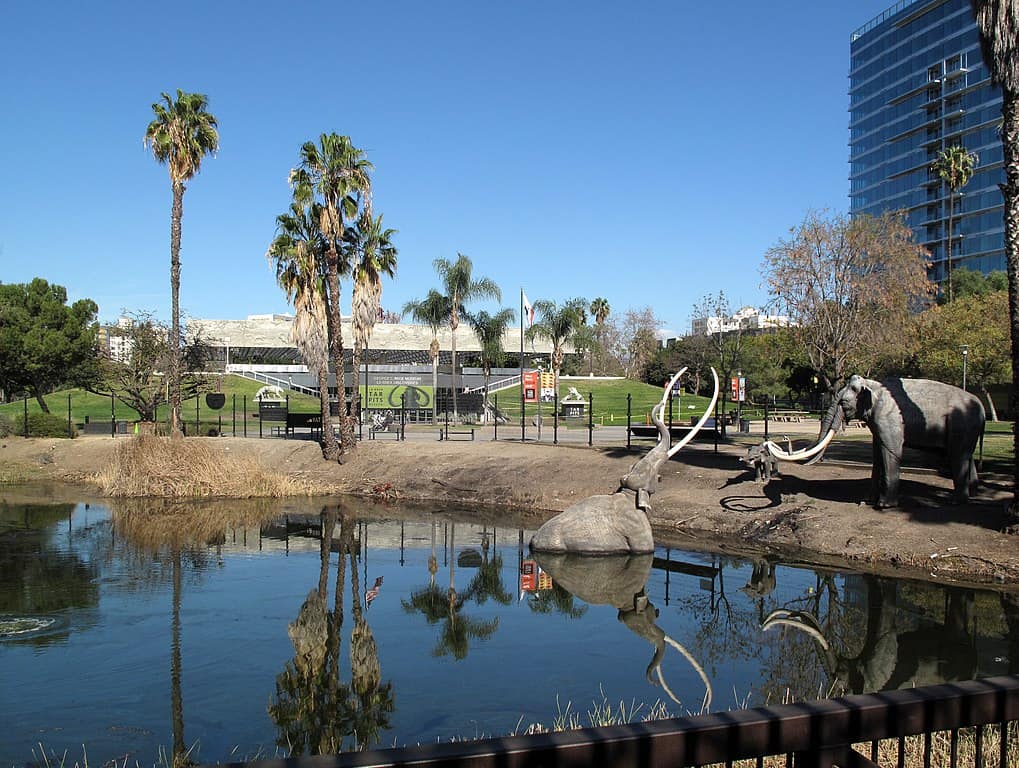
Not exactly a traditional lake, the La Brea Tar Pits of Los Angeles are a series of natural asphalt seepages that have ensnared enormous ice-age animals, preserving their bones for millennia. The viscous tar continues to release methane, providing a rare glimpse into prehistoric life while also posing a hidden danger to unwary visitors and wildlife.
Devil’s Kettle The Vanishing Point

Found in Minnesota, Devil’s Kettle is part of the Brule River and has puzzled scientists for years. Water cascades down a split waterfall, with half disappearing into a deep pothole without any traceable exit. Various theories have been proposed, but the mystery adds an enigmatic element to the landscape.
Lake Retba’s Watery Wonder

Senegal’s Lake Retba is another stunningly pink body of water, thanks to its high salt content and the Dunaliella salina bacteria. Salt production and tourism thrive alongside its unique hue, yet the lake’s high salinity presents a harsh environment for aquatic life, representing the delicate balance between beauty and peril.
Conclusion:
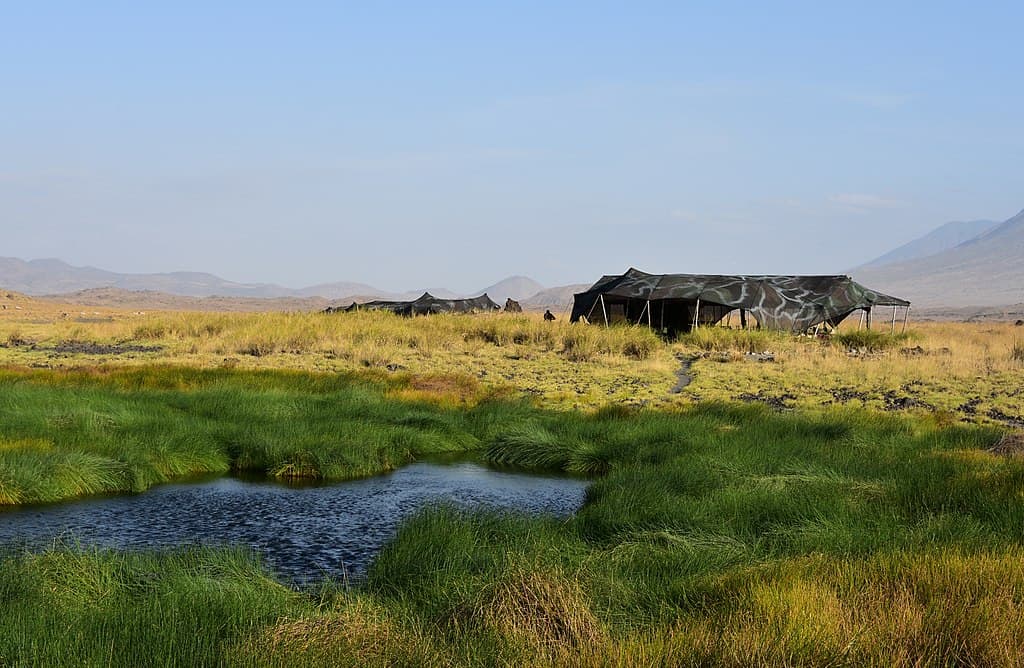
In conclusion, lakes are more than just serene bodies of water; they are epicenters of natural mystery and sometimes danger. Whether through lethal gases, enigmatic colors, or intriguing folklore, each of these lakes holds secrets that continue to captivate scientists and adventurers alike. As we strive to understand these incredible environments, they remind us of the fragile boundary between awe and hazard in the natural world.
- 13 Wild Babies That Are Born Ready to Run - August 16, 2025
- 12 Wild Creatures That Can Regrow Entire Limbs - August 16, 2025
- How Do Whales Communicate Across Thousands of Miles? - August 16, 2025

